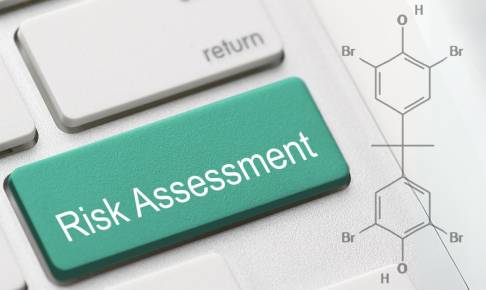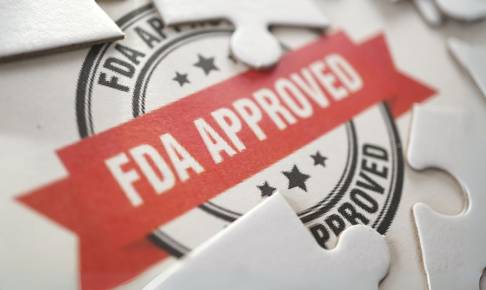Food recalls and withdrawals management from theory to practice
Unsafe foods incidents occur for many reasons and can lead to public health issues, sales losses, and harm to a company’s reputation. The response to unsafe food crises requires careful methods and precise procedures.
Food businesses are placing more and more emphasis on quality and safety control and on the traceability of products. At the same time, consumers’ concerns about food quality and safety is on the rise. At a national and international level this has resulted in more stringent regulations and on new legislative limits for a wide range of food contaminants. Nevertheless, unsafe foods incidents continue to occur for many reasons. When
food items are found to have a potential or obvious hazard, food business operators (FBOs) need to handle food withdrawals or recalls efficiently, effectively, and in compliance with the appropriate standardized procedures.
The impact of unsafe foods on markets has been studied from many points of view and has become a topic of considerable interest to economists, marketers, food technologists, sociologists, and media experts. When dealing with unsafe foods, customers raise questions, big clients cancel orders, investors get anxious, competitors sense opportunity, and authorities come knocking. From a firm’s point of view, unsafe food incidents can lead to very costly remedies, loss of market share, and financial losses, as well as the risk of harming the company reputation and severely affecting consumer loyalty (Laufer and Coombs 2006; Rhee and Haunschild 2006; Siomkos and Kurzbard 1994; Van Heerde et al. 2007; Chen et al. 2009). Whether they are unlabelled allergens, glass shards, product sabotage, Escherichia coli outbreaks, or beetles in infant formula, unsafe food incidents are first of all a food safety issue that can have significant health implications. The aim of this paper is to give practical advice to FBOs to clarify the roles, responsibilities, and actions necessary to successfully manage a food withdrawal or recall and to avoid the most common mistakes.
FBOs are responsible for the safety of the food they produce, distribute, store, and sell and they may not place food on the market if it is harmful to health and/or unfit for consumption. In determining whether a food is unsafe, multiple factors are considered, including the normal conditions of use, the information provided to the consumer, the likely immediate or delayed effects on health, its potential cumulative toxic effects on the human body (if any), and, where appropriate, particular health sensitivities of specific categories of consumers. FBOs are required to carry out risk assessments and make decisions regarding the safety of the food. In the event of a food incident where a food product is considered unsafe, FBOs are required to determine whether a withdrawal and/or recall is necessary. According to article 19 of EU Regulation No 178/2002, “where an unsafe food product may have reached the consumer, they must effectively and accurately inform the consumers of the reason for its withdrawal, and if necessary, recall from consumers products already supplied to them”.
A withdrawal is when an unsafe food is removed from the supply chain before it has reached consumers and a recall is when unsafe food is removed from the supply chain and consumers are formally advised to take appropriate action such as returning or disposing of the unsafe food. According to the Cod
Download content now





















